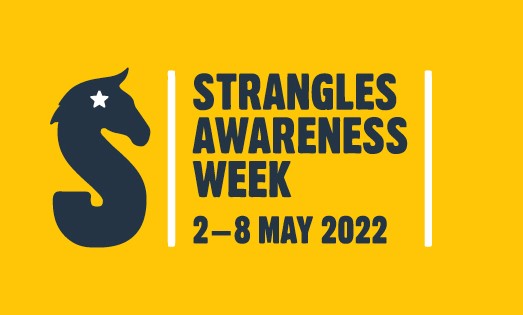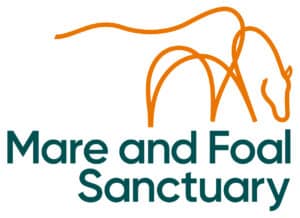
Strangles Awareness Week
This week is Strangles Awareness Week and we are very proud to be supporting this important campaign.
As some of you may know, last year we were involved in a multi-agency operation to help control a strangles outbreak amongst semi-feral ponies near Bellever on Dartmoor. Working with Dartmoor Pony Heritage Trust, who own the herd, Redwings and Dartmoor Livestock Protection Society, we were part of a team testing and treating ponies in the hope of eradicating the disease from the area. Testing in the wild is not something often attempted so it was an amazing opportunity to learn more about how to do it effectively.
You can hear about this important work in a podcast recorded by Redwings with Dru Butterfield, Chief Executive of Dartmoor Pony Heritage Trust.
In the podcast Dru Butterfield shares her experience of working with the Mare and Foal Sanctuary: “It was all about collaboration[…] The Mare and Foal Sanctuary supplied us with all of their panelling and provided staff and funding[…] A massive thank you to everybody.”
During the operation at Bellever, we temporarily took in three ponies who were the most severely affected by strangles and looked after them in our bio-secure vet and welfare facility. We were delighted after two and half months and several treatments to be able to return all three ponies to the Dartmoor Pony Heritage Trust herd.
Strangles is a potentially deadly respiratory disease that is highly contagious. It is caused by a bacterial infection that can lead to swollen lymph nodes, nasal discharge and a fever. It can cause the nodes in the neck to become very swollen and abscesses sometimes form that can then burst. This leads to breathing problems for the horse and is what gives the disease its lethal-sounding name.
Strangles is spread by bodily fluids such as mucus, nasal discharge or burst abscesses from an infected horse. Most horses survive strangles but it can kill or have long-lasting effects. Vulnerable equines are particularly at risk.
Bio-security is a key part of equine management. We urge all owners and carers to follow advice on the Strangles Awareness Week web pages and regularly temperature check horses as well as test any new arrivals to a yard. We know first-hand after our own outbreak in 2015 just how vital testing, quarantine and timely treatment is in the fight against this disease. We learned a lot about managing strangles and are determined to pass on our hard-won knowledge to as many owners and carers as possible.
If you have any questions about managing strangles and bio-security, you can contact our Welfare Outreach and Advice team on 01626 355969.



